Grandfather’s grave of major general Zeng Mei
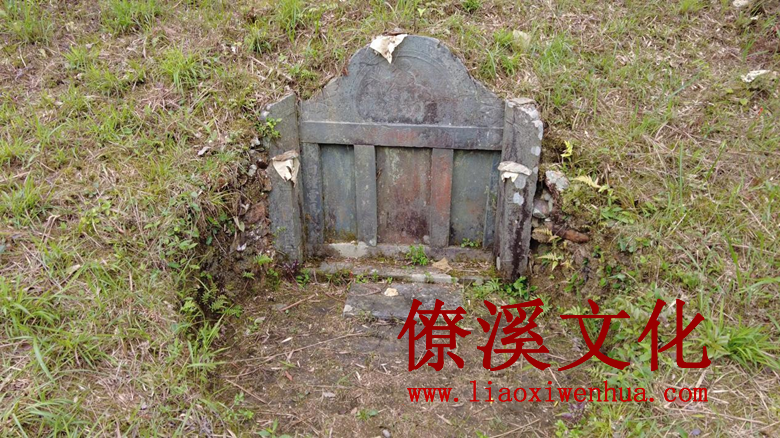
Chenshan Xuxiang and Yixin Zhoutian 118.5 ° inner hall releases Geng water
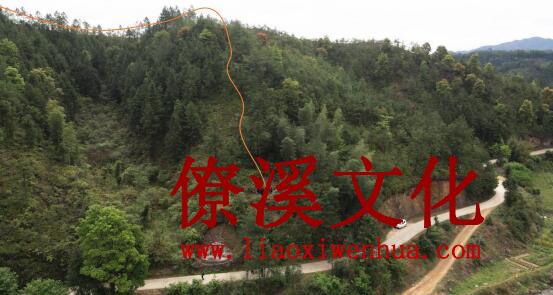
Pictographic handle nozzle
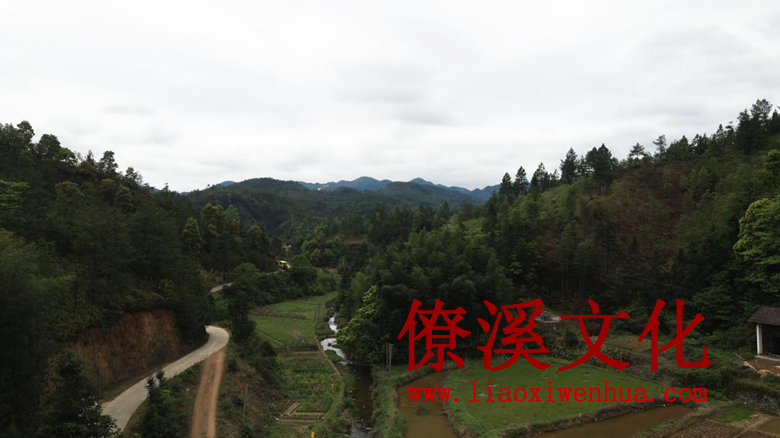
Go to shenkou
Xu Fengqi

previous dynasty
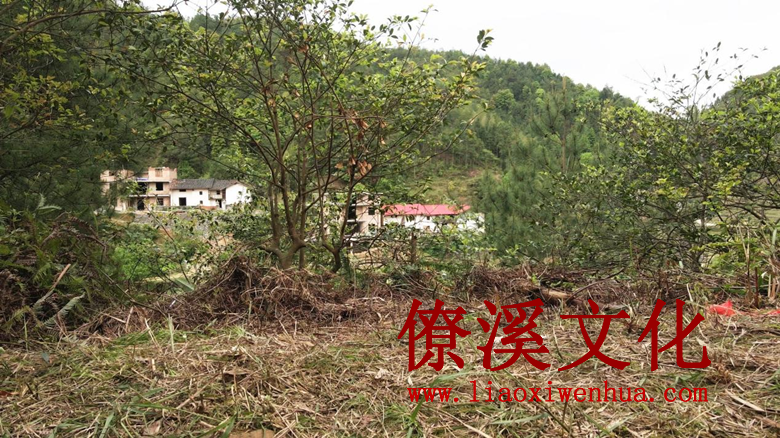
Cave field watching hall bureau
Baihu Fang
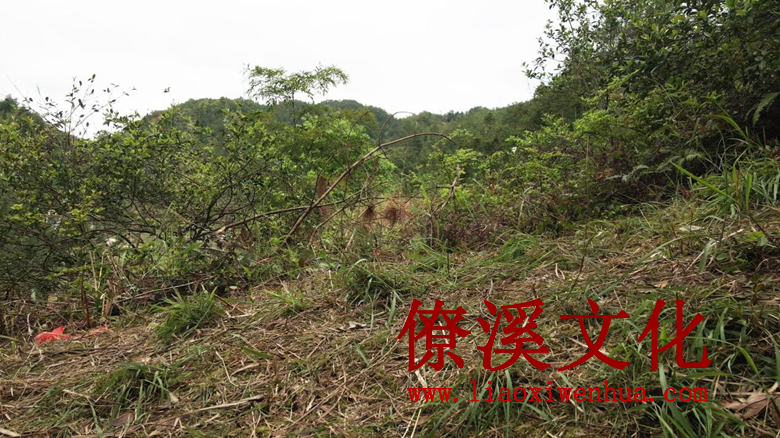
Qinglong Fang
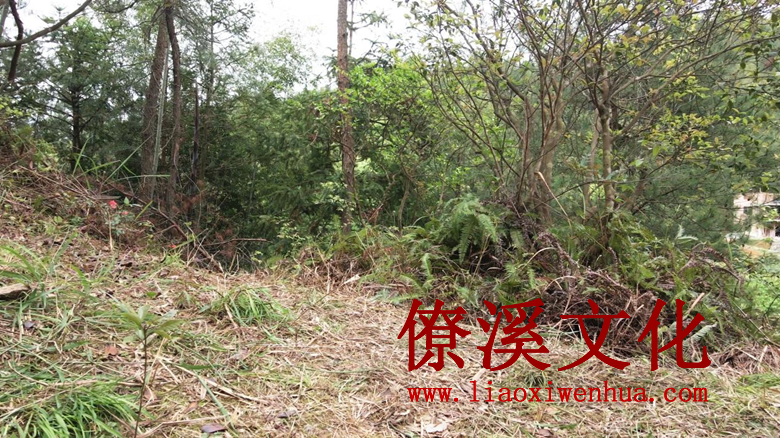
Mercury is shrouded in clouds
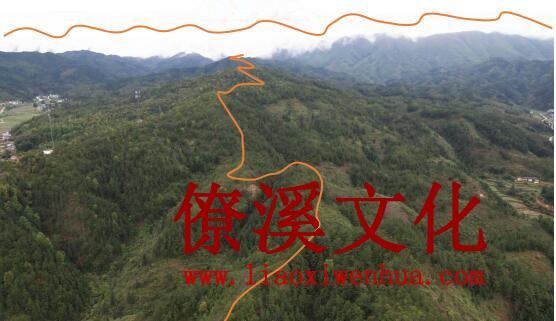
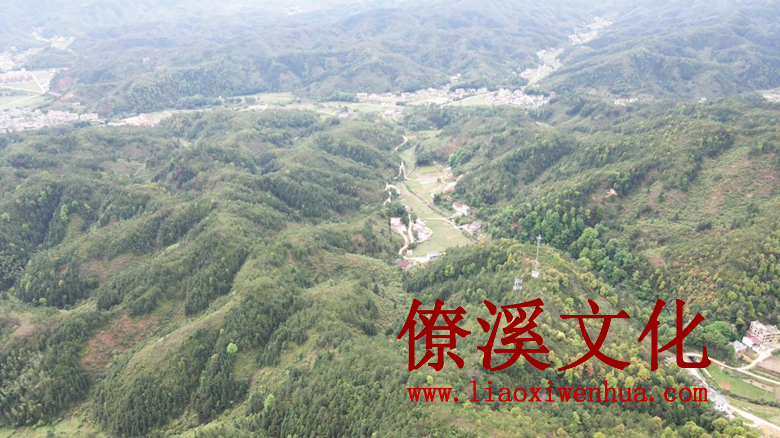

Theoretical homework
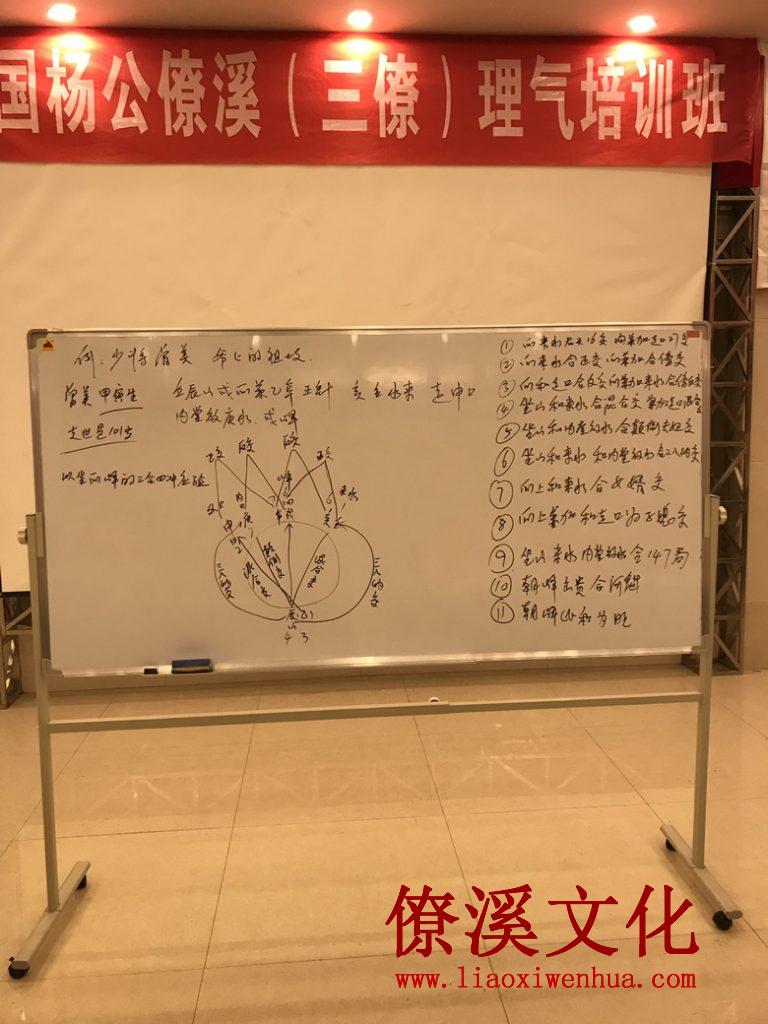
On site explanation
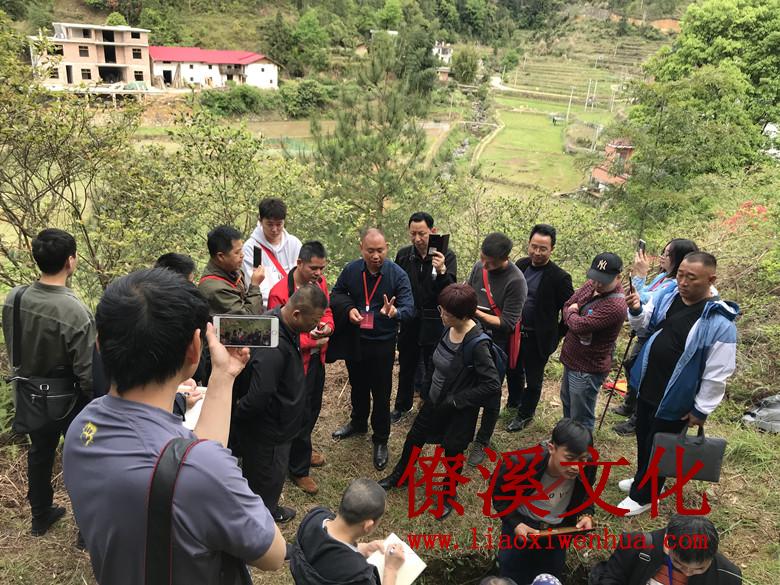
Zeng Mei (1914-2015), from Chayuan village, Chayuan Township, Xingguo County, Jiangxi Province. In 1930, he joined the Chinese workers’ and peasants’ Red Army. He joined the Communist Party of China in 1932. During the Agrarian Revolutionary War, he served as the staff of the general command of the Red Army. Participated in the long march. During the war of resistance against Japan, he served as company commander of the fourth brigade, political instructor of the battalion, director of the Political Department of the regiment, political commissar of the brigade, branch leader and political commissar, head of the 26th regiment, captain of the fourth brigade and commander of the second military division of the second military region. During the war of liberation, he served as brigade commander of the first independent brigade of Beiyue military region, chief of staff of the 67th army of the 20th corps and division commander of the 196th division. After the founding of the people’s Republic of China, he served as division commander and chief of staff of the Chinese people’s Liberation Army, director of the operation Department of the North China Military Region Command and deputy chief of staff of the Beijing Tianjin garrison command, chief of staff of the Beijing Military Region, commander of the Beijing Garrison region, and political commissar of the Hebei military region. He is a member of the Fifth National Committee of the Chinese people’s Political Consultative Conference and a deputy to the Fourth National People’s Congress. He was awarded the rank of major general in 1955.
Character experience
He was born in Xingguo County, a famous general county in Jiangxi Province in 1914.
He joined the revolution in 1929.
He joined the Chinese workers’ and peasants’ Red Army in 1930.
He joined the Communist Youth League in 1931.
He was transferred to the Communist Party of China in 1932.
In 1933, he studied in the mapping class of Shanggan team. After graduation, he served as a surveyor of the public strategic walking school and a staff member of the general command. He participated in one to five anti “encirclement and suppression” wars and the long march in the Central Soviet area.
On October 15, 1934, Zeng Mei followed the Red Army on the long march. On the Long March, Zeng Mei had been a staff officer at the headquarters of the Red Army. Zhou Enlai was in charge of the military, so he was his direct leader. At that time, Zeng Mei’s task was to sort out and collect military intelligence for Zhou Enlai as a reference. He gets along with Zhou Enlai day and night. Zhou Enlai asked him to change his name. First, it was called Zeng Meide. Later, people said that they simply took the word “de” and called it Zeng Mei.
In January 1935, after the red army conquered Zunyi, Zeng Mei stationed in the old city of Zunyi with the central column, and the famous Zunyi Conference was held here. The Zunyi Conference memorial hall still maintains the personnel roster of the Zunyi Conference. Zeng Mei was one of the eight combat staff officers at that time. In addition to him, there were Kong Shiquan, Huang Huxian, Wang Hui, LV Liping, Luo shunchu and others.
In 1937, he studied at the Anti Japanese university in the United States. Later, he served as a regiment officer, company commander, battalion instructor, director of the Political Department of the Eighth Route Army, political commissar of the regiment and deputy political commissar of the regiment, and participated in the “hundred regiments war”.
From 1941 to the spring of 1944, he served as head of the Anti Japanese guerrilla war behind the enemy.
In October 1944, the United States once served as the commander of the second division of Ji Jin military region, led the Department to recover Mengxian and Xiyan strongholds, participated in the Zhengtai line battle and accepted the surrender of the Japanese army.
In the winter of 1945, he served as political commissar of the brigade in the United States, participated in the battle to defend Gubeikou and the battle to protect the autumn in Northeast Shanxi, and annihilated a regiment of Yan army. He took part in the campaign to liberate Shijiazhuang, led his troops to capture daguocun airport, cut off the enemy’s air support, laid the foundation for the Red Army’s successful liberation of Shijiazhuang and won the “first merit” award. Later, he served as the brigade commander of the 1st Brigade of the first column of the third North China corps and the division commander of the 196th division, and participated in the Pingjin campaign and the Taiyuan campaign.
In August 1948, he was the chief of staff of the US 67th army. After the founding of the people’s Republic of China, he served as the director of the operation Department of the headquarters of the North China military region and the deputy chief of staff of the Beijing Tianjin garrison command, the deputy chief of staff and chief of staff of the Beijing Military Region, the first batch of students of the higher military academy, the political commissar of the senior Infantry School, the commander of the Beijing Garrison Command, the second political commissar of the Hebei military region, the representative of the Fourth National People’s Congress, the representative of the Eleventh National Congress of the Communist Party of China, and the member of the fifth.
In 1955, Zeng Mei was awarded the rank of major general and won the three-level Bayi medal, the second-level independent freedom medal and the first-class Liberation Medal
Put the medal.
On July 30, 1988, he won the first-class Red Star Merit Medal.
On May 16, 2014, Zeng Mei, a centenarian, was admitted to the hospital because of heart problems.
On January 31, 2015, due to invalid medical treatment, he died at Bethune International Peace Hospital in Shijiazhuang at the age of 101. [1-2]
On February 6, 2015, the farewell ceremony was held in Shijiazhuang funeral home.
(deputy to the Fourth National People’s Congress, deputy to the Eleventh National Congress of the Communist Party of China, and member of the Fifth National Committee of the Chinese people’s Political Consultative Conference.)

Dial 147966999199


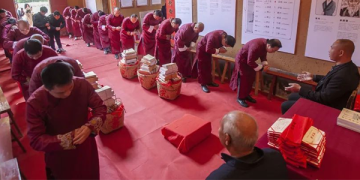
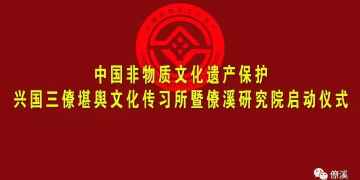
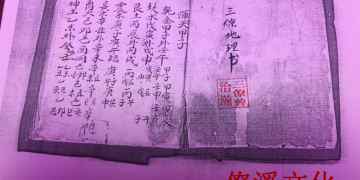
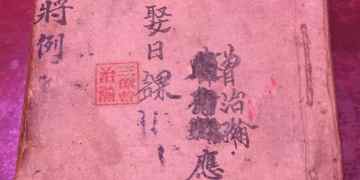
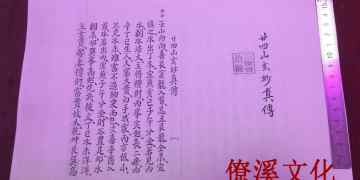
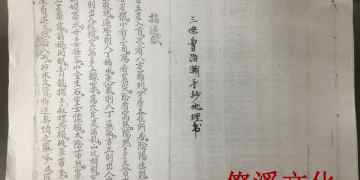
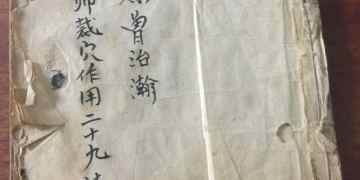

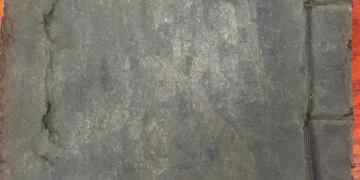











Discussion about this post